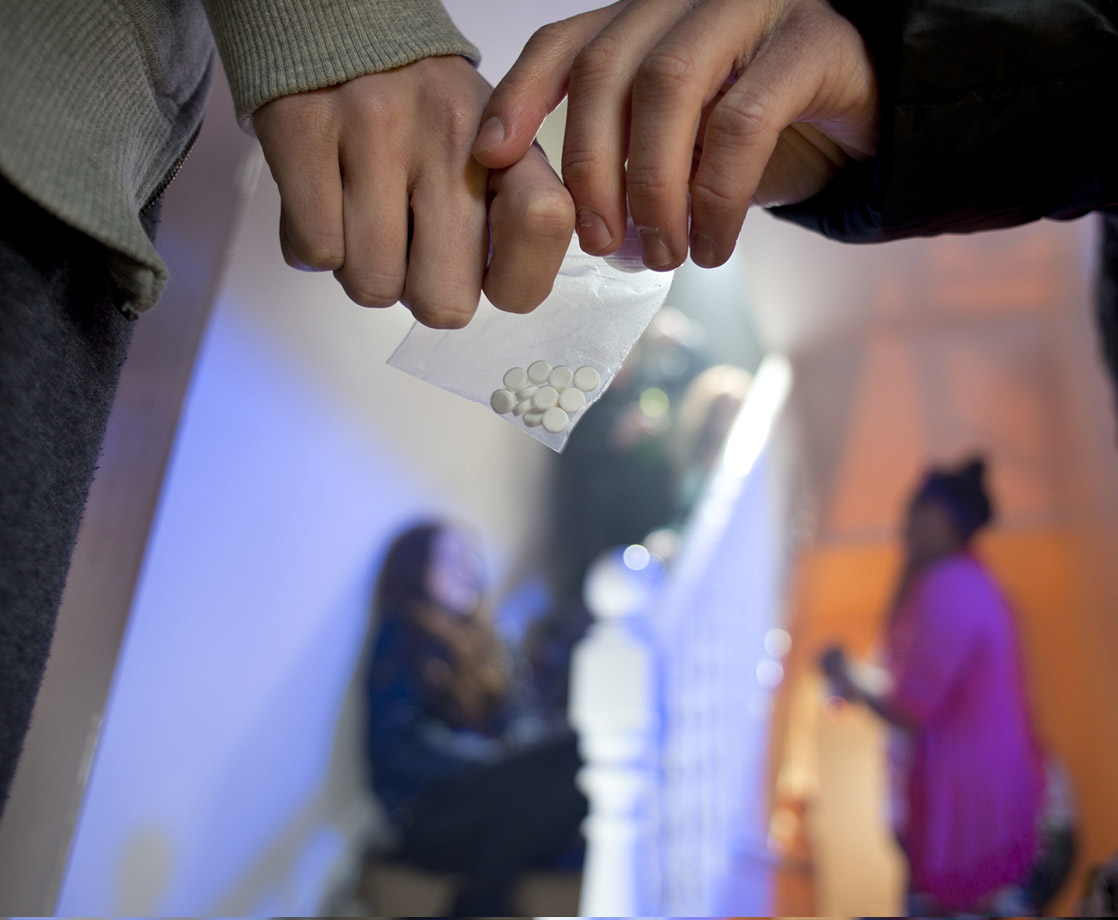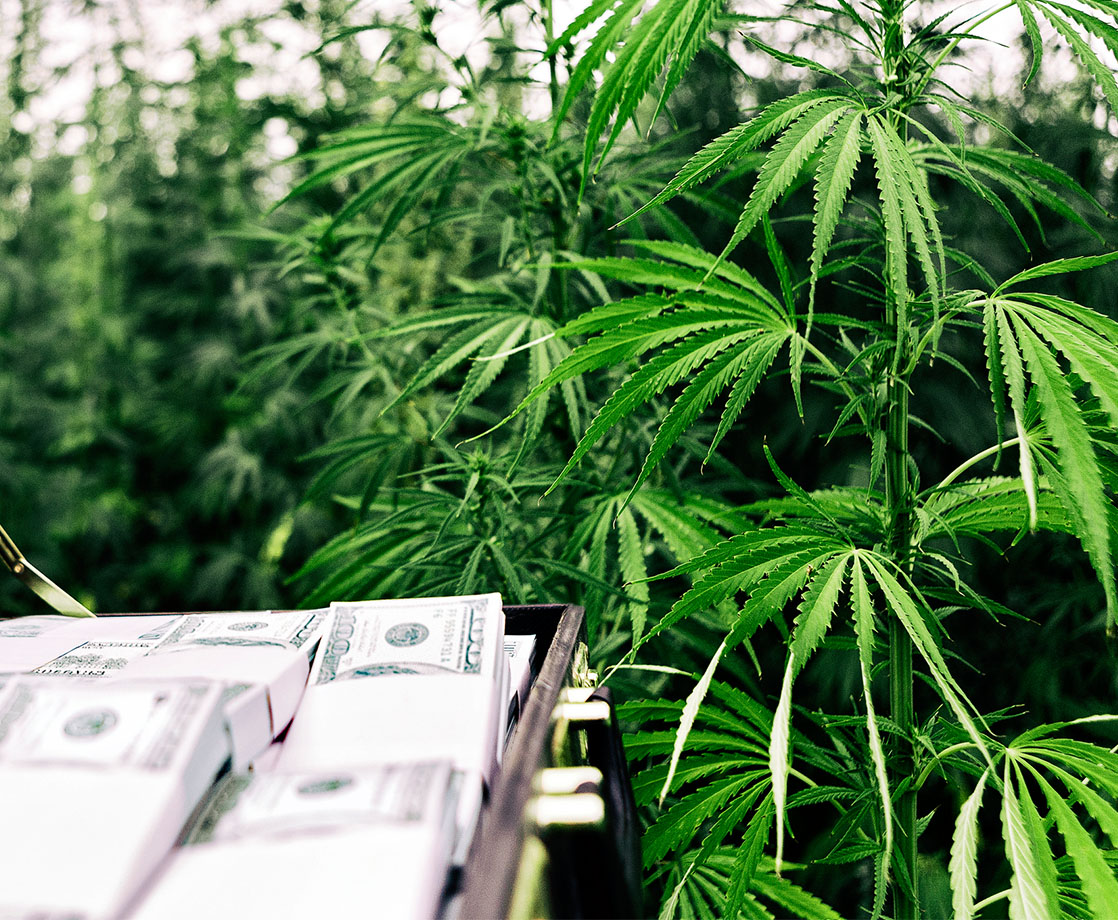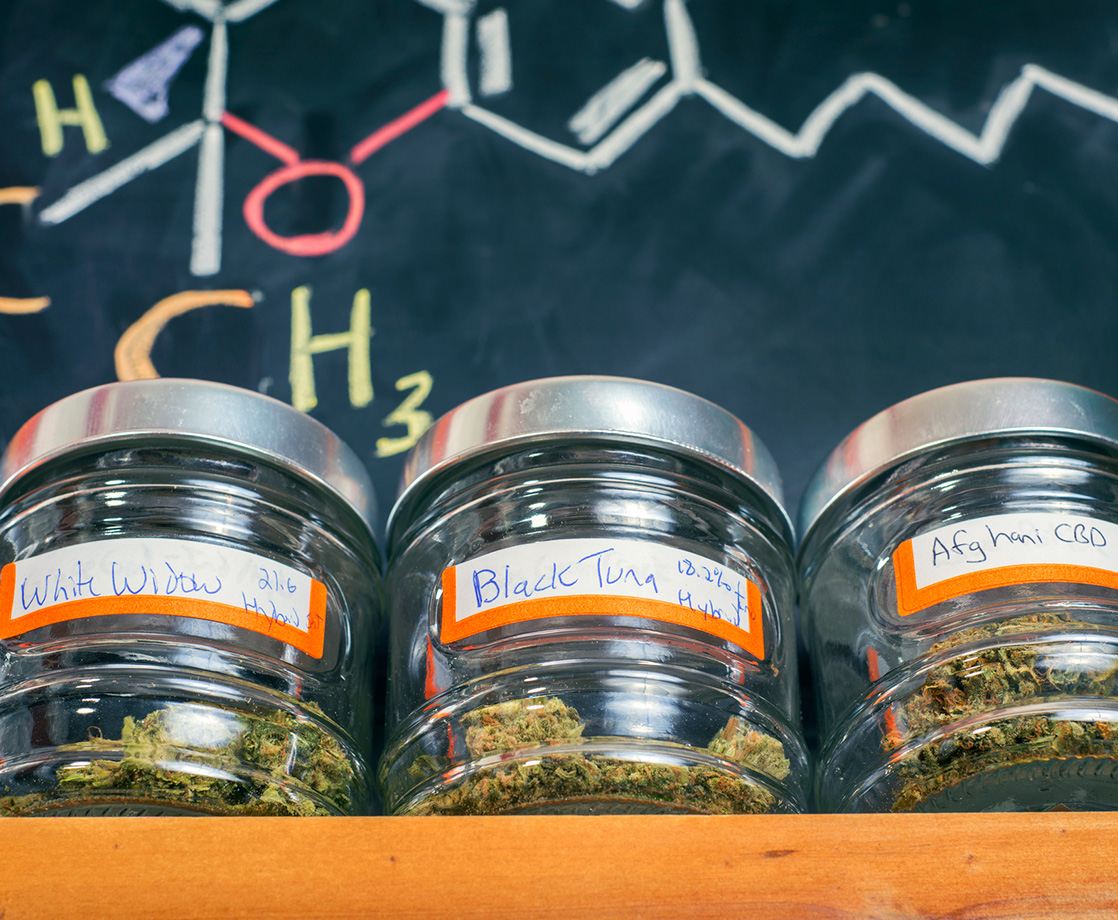Lead image via
A study published this month details the first successful Phase 1 clinical trial for treating post-traumatic stress disorder in couples with MDMA-assisted psychotherapy.
This study — unlike previous MDMA clinical trials that treated an individual patient — assessed couples where only one member was diagnosed with PTSD. And even though the other partner did not have PTSD, both partners were given MDMA during the trial.
The clinical trial’s results were published in the European Journal of Psychotrauma. Psychology researchers at Ryerson University in Canada, researchers with the Multidisciplinary Association for Psychedelic Studies (MAPS), and psychiatrists who run their own private practices conducted the study. The study’s funding came from MAPS, and the trial was both approved and monitored by the US Food and Drug Administration (FDA).
The trial employed a form of couples therapy called cognitive-behavioral conjoint therapy, or CBCT. First developed in the 1940s, CBCT pairs patients struggling with PTSD with their life-partner or trusted family member. Basically, both partners undergo treatment together, and therapists treat both partners as clients.
Why would a PTSD patient choose CBCT instead of getting treated solo? PTSD can damage or destroy interpersonal relationships. Imagine a war veteran who mistakes her husband for an enemy combatant in the middle of the night. Or imagine a survivor of childhood abuse who, over the years, becomes increasingly — and irrationally — paranoid of his wife. In essence, PTSD not only forces a patient to constantly relive their trauma, it forces the people closest to them to suffer from that trauma’s fallout, too.
For this study, six couples, or “dyads,” participated in the trial. The dyads underwent a total of 17 sessions over a seven-week period, as well as two follow-up assessments several months later. Only two of the 17 sessions included the administration of MDMA.
When given MDMA, each partner received 75mg of the drug during the first session and 100mg during the second MDMA session. Either partner could top-off, or bump-up, their initial dose with an extra half-dose 1.5 hours into the session. If you’re not familiar with molly dosing, these amounts indicate that the study subjects were high as fuck during these sessions.
“All couples completed the protocol, and there were no serious adverse events,” the study’s authors wrote. “Our initial data indicates that MDMA delivered in combination with CBCT for PTSD appears to be safe, does not appear to be treatment-interfering, and may potentiate the treatment effects for PTSD and the larger relationship context in which it exists.”
Overall, the researchers found that MDMA-assisted CBCT improved the couples’ depression levels, emotional regulation, and “trauma-related beliefs.” Patients and partners who felt “distressed” by their relationship at the beginning of the study felt satisfied about their relationship by the end of the study. Only one couple reported feeling distressed by their relationship by the end of the study, and this couple included the only patient who “retained” their PTSD diagnosis after the trial.
“This initial study suggests that MDMA-facilitated CBCT holds promise in facilitating trauma recovery and achieving broader relational outcomes not fully realized with individual evidence-based treatment for PTSD,” the authors wrote. The authors also stated, based on this study’s success, that they would begin a Phase 2 clinical trial for MDMA-assisted CBCT.
In other words, MDMA-assisted CBCT was shown as both safe and effective for helping most couples overcome the everyday challenges posed by PTSD. But it’s not a miracle treatment. It can’t help everyone, but it could become a powerful tool for treating PTSD in the future.
MDMA, or 3,4-methylenedioxymethamphetamine, is sold in adulterated forms on the streets as “molly,” “ecstasy,” “thizz,” or “rolls.” It’s generally consumed as a party drug that energizes dancing and enhances the senses, particularly tactile sensations during physical intimacy.
But MDMA doesn’t just make everything feel amazing. It can also eliminate debilitating social anxiety, facilitate emotional openness, and rewire the brain in a way that erases fear associated with trauma. And most of all, these positive neurological changes can become permanent after just two experiences with the drug.
However, MDMA, like any medication, comes with side effects. The authors noted that MDMA could cause “diminished appetite, anxiety, headache, and jaw tightness” in the study’s subjects.
MDMA is not a new drug, and its use in psychotherapy isn’t a novel idea, either. In the ‘60s and ‘70s, a small number of therapists administered MDMA during both individual and couples’ therapy sessions. These first MDMA-assisted sessions were not clinical trials, though.
By the ‘80s, the drug became closely associated with early rave culture, and the US government outlawed MDMA by classifying it as Schedule I controlled substance — right alongside heroin and marijuana.
According to MAPS, MDMA may finally receive FDA approval by 2022.











